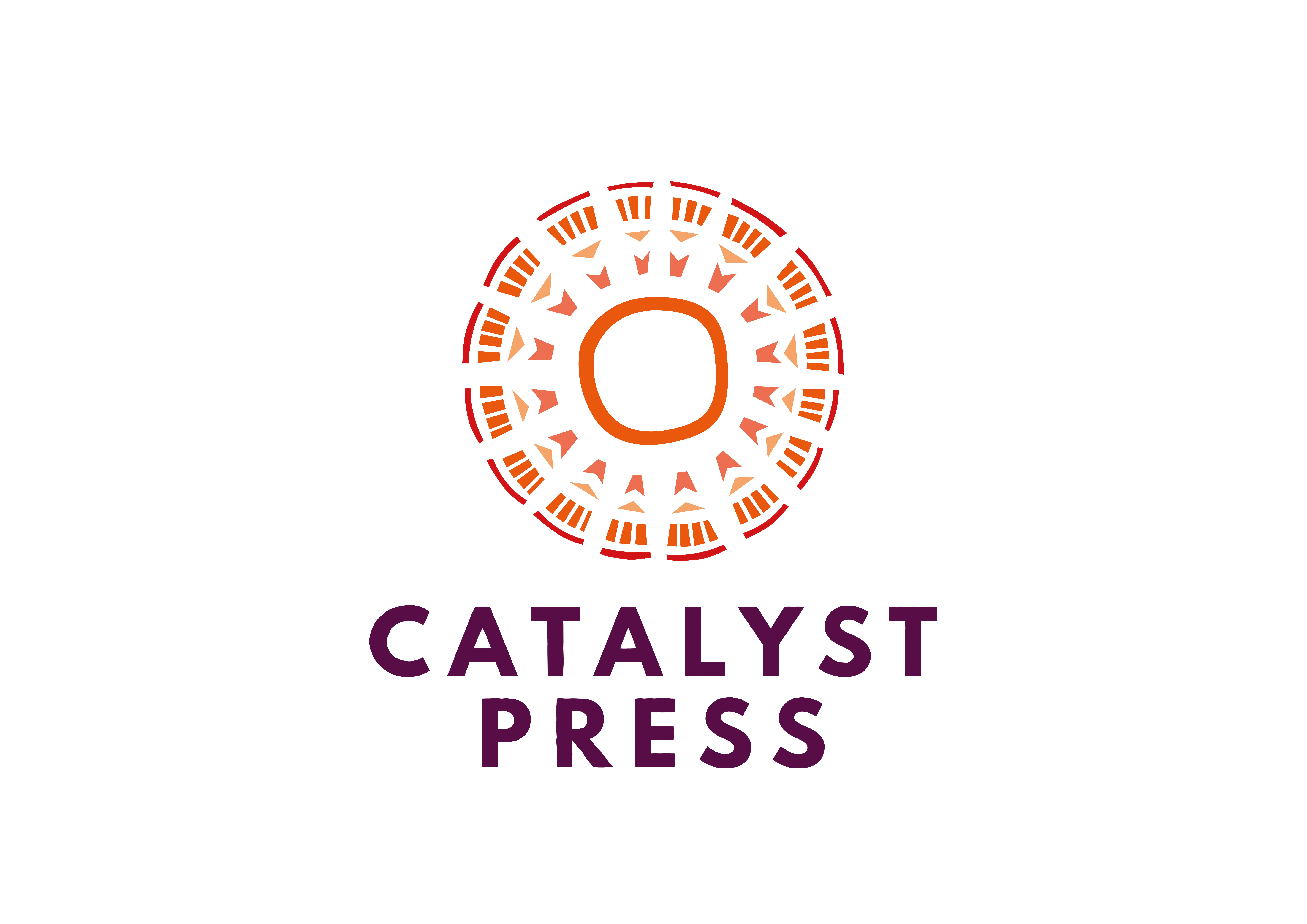I had a great time at ALA2019 in Washington D.C.

Catalyst Press shared booth space at the Global Literature in Libraries Initiative booth with several other publishers who focus on international and translated literature. GLLI was founded by Rachel Hildebrandt Reynolds, who is also the talented translator of our recent release The Wall by Max Annas. Business was booming at the GLLI booth, with a lot of interest in publications from Africa. I brought 60 Advance Review Copies, which were snatched up before noon on Saturday, the first full day. We trust that they got into the hands of librarians who care and who will promote African writers and books set in Africa.
I moderated a panel on Refugee and Exiled authors, which was both informative and reminded me why I’m in publishing. Books matter, not least because they voice the truth in turbulent times. Small presses champion refugee and exiled writers; these writers illuminate dark spaces, reminding us of both the worst and best of humans.

Karen Fisher, a professor in Washington who works with Syrian refugees, mentioned that we don’t hear from Syrian refugees because they are too afraid that by telling their story, they will put their family’s lives in danger. At a different event celebrating international comics, I met a French comics writer, Wilfrid Lupano, who has gone into the Syrian refugee camps and come out to tell people’s stories in comics. He told me that comics are the one acceptable form to report on the stories of refugees. Photographs and film are too dangerous for refugees—but comics provide a layer of safety that allows these stories to get told. Again, I was reminded why I’m doing what I do. It matters and it matters a lot.
At Catalyst, one of our best-selling books is the collection of short stories The Lion’s Binding Oath and Other Stories by Somali writer Ahmed Ismail Yusuf. Many of the stories in the collection relate the terrible injustices of war, the loss of loved ones through death and displacement. The title story follows the journey of one young man lost in the wilderness for three years after he is separated from the group of refugees with whom he is traveling, fleeing Mogadishu for the refugee camps in Kenya. At the end of this post, you can download a excerpt from Ahmed’s story.

To end on a light note: I celebrated a birthday at ALA. In my hometown of El Paso, it is a tradition to pin a dollar to people’s clothing on their birthday. People pinned dollars to my badge instead. Voila! When I mentioned this to Ashawnta, Catalyst’s publicity director, she
said the only time people ever pinned dollars to her clothing on her birthday was when she lived in Dallas. Indeed, the people who asked me whether it was my birthday when they saw the dollars were all from Texas towns. Where does this Texas tradition come from? We’re not sure. My colleague Lee Byrd from Cinco Puntos Press, who pinned the first dollar to my badge, thought it must be Mexican since in El Paso, it is clearly practiced most by people of Mexican descent. We had a little argument about it with Mexican-American writer David Bowles who said this was most definitely not a tradition in the Rio Grande valley where he lives. It’s a mystery* we’re unlikely to solve in this blog post but if anybody has theories, we’d love to hear them! For sure, it’s a fun way to celebrate a birthday.
Excerpt of “The Lion’s Binding Oath” (PDF)
*After sending her the draft of this post, Ashawnta googled the practice and discovered that some people think it’s a West African tradition that was brought here, and that some element of it is practiced by Ebo, Hausa and Yoruba people. Others think it has Scandinavian or Cajun roots. She wrote to me: “It seems like it’s only done in Texas, Louisiana, Alabama, Mississippi—all places where my family has roots. Anyway, it was a lot of reading to find out that no one really knows! It’s always interesting to find out some of the roots of these traditions, and how there’s so much we carry with us through migration and displacement. There are always things that bind us to cultures that we’ve left (forcefully or otherwise), and that new places are better for having these histories and traditions become a part of them.”


